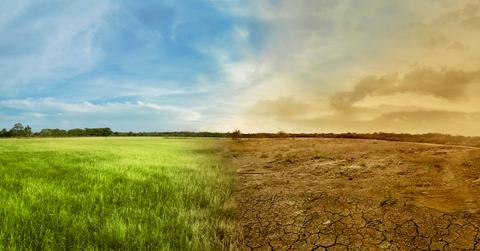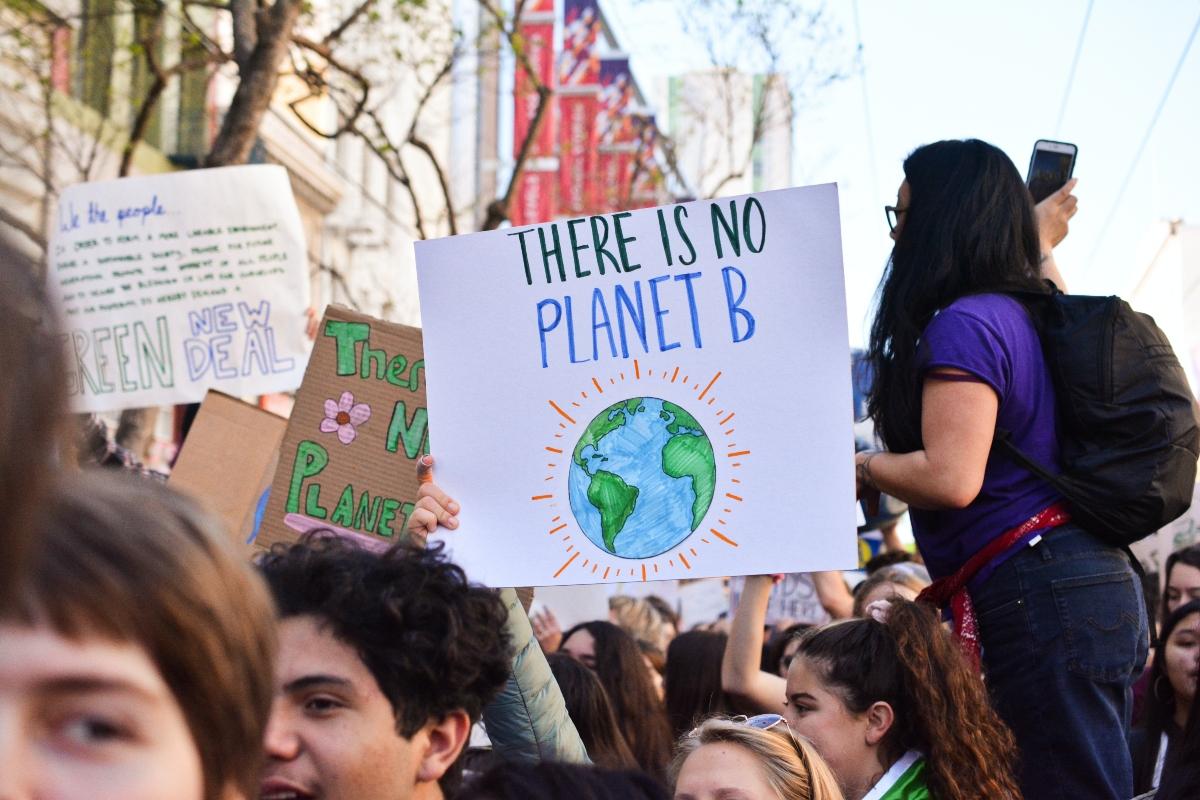Earth Overshoot Day Is a Yearly Reminder of Our Ecological Debt
Published July 25 2023, 2:32 p.m. ET

Examining just how devastating humanity is to the planet and environment is something that should cause concern for everyone. Earth Overshoot Day, the date that marks when humanity's consumption surpasses the planet's ability to regenerate, is an important benchmark.
When is Earth Overshoot Day in 2023? Keep reading for the important details on the holiday.
When is Earth Overshoot Day in 2023?
Unfortunately, Earth Overshoot Day falls on Aug. 2 in 2023, which is one of the earliest points in the calendar year that it's ever been. That said, it's a bit later in the year than it was the year prior, when the holiday fell on July 28, 2022.
Climate activists and organizations are striving to help humanity move that date, because our planet's future depends on it.
What is Earth Overshoot Day?
Earth Overshoot Day means "the date when humanity’s demand for ecological resources and services in a given year exceeds what Earth can regenerate in that year," according to the holiday's official website. In other words, if you're money-minded, imagine that Earth will begin going into ecological debt for the rest of the year, beginning on Aug. 2.
It seems pretty clear that continually using up what planet Earth can provide earlier every year is bad news for the survival of the planet and humanity. Aug. 2 is the global Earth Overshoot Day in 2023, and it's fallen in August since 2005. However, data calculations placed Earth Overshoot Day in 1971 on Dec. 25! It's hard to believe how much closer the world was to relative sustainability just half a century ago.
The Global Footprint Network is responsible for calculating Earth Overshoot Day each year for the entire planet and for individual nations. The organization also spearheads initiatives aimed at reducing carbon emissions, fostering biodiversity, and fighting climate change. There's even an online tool that calculates your own Ecological Footprint and personal Overshoot Day.
There are many strategies to help move the date.
Perhaps you've noticed #MoveTheDate in your social media feeds. The hashtag is referring to steps individuals, corporations, and countries can take to move Earth Overshoot Day to be later in the year. Solutions for energy, food, population, and other climate-related areas can help us stop using up Earth's resources too quickly.
In an statement shared with Green Matters via email, Chris Williams, founder and CEO of waste management software company ISB Global, argued for structural changes to reverse the damage humans have done over the past 50 years. “The decisions we make for our personal, national and global energy use and waste management can help to move Earth Overshoot Day back," said Williams.
Williams acknowledged that the level of change needed to move Earth Overshoot Day requires action on the individual level, and on the government and corporate levels as well.

What can you do to #MoveTheDate?
The website overshootday.org offers tools to estimate how many days the date would move if we make certain changes. For example:
- Cutting food waste in half would move it 13 days.
- Reducing global meat consumption by 50 percent would move it 17 days.
- Lowering the global carbon footprint by 50 percent would move it 93 days.
- Reforesting 350 million hectares of forest would move it eight days.
Obviously, reducing our overall consumption to move the overshoot date depends on teamwork. Organizations, corporations, governments, and individuals must work together to effect change and ensure our planet is still around and humanity is thriving for generations to come.
